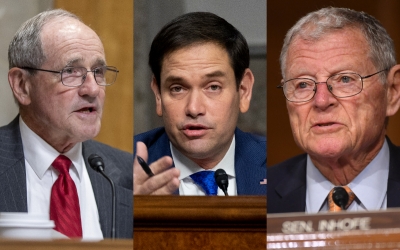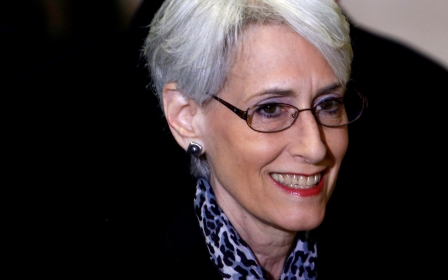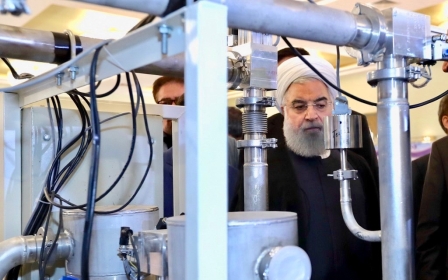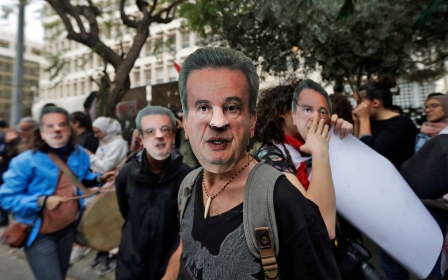Iran ready to resume nuclear talks if US lifts sanctions within a year, official says
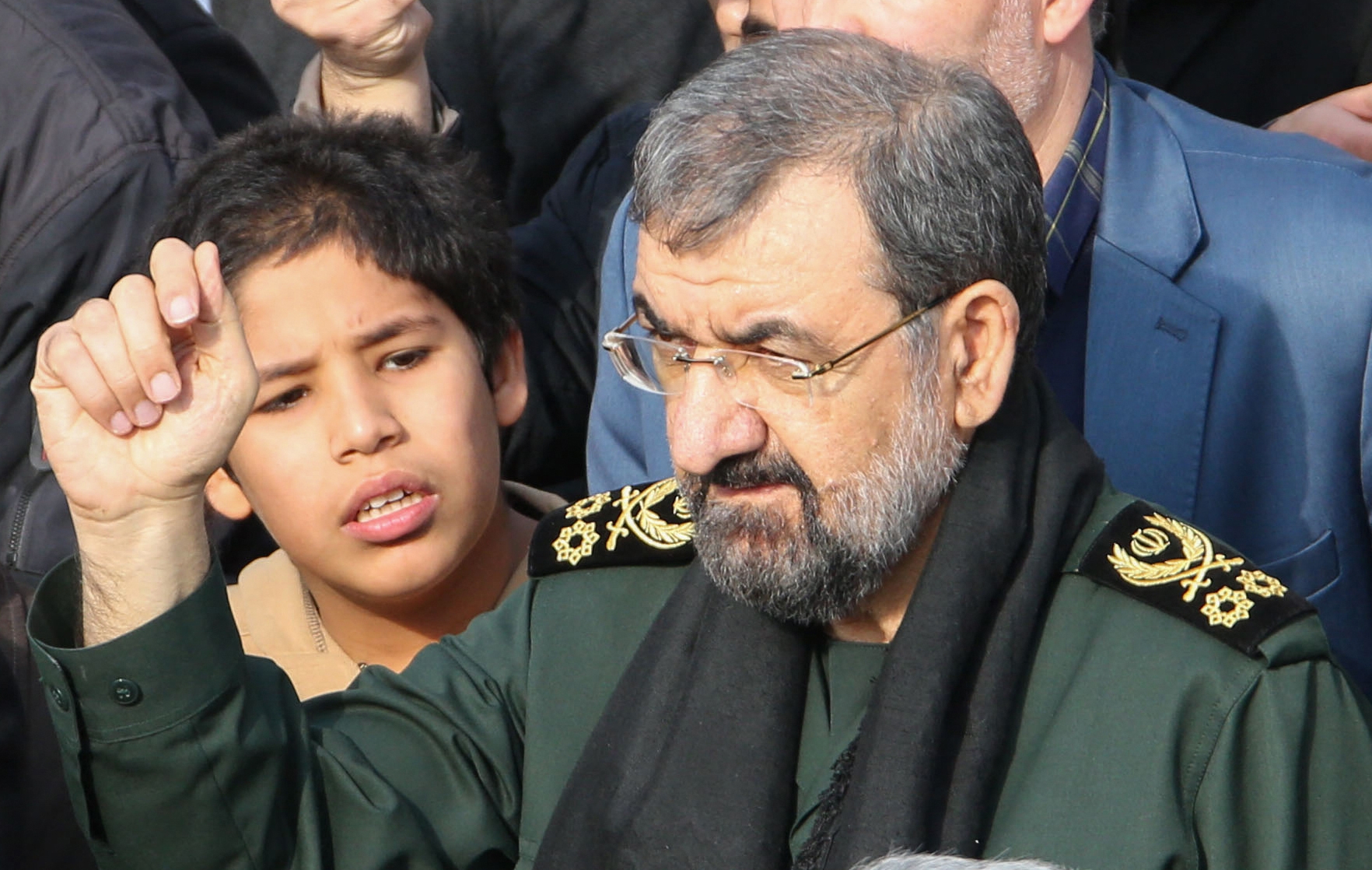
Iran would be willing to resume negotiations on the 2015 nuclear deal if the US and western powers provided a "clear signal" that sanctions would be lifted within a year, a senior Iranian official has told the Financial Times.
"They can announce and reassure us that all sanctions imposed after the JCPOA [Iran nuclear deal] would be lifted in less than one year and tell us to go and negotiate this process," said Mohsen Rezaei, secretary of the Expediency Council that advises the supreme leader and a former chief of the Iranian Revolutionary Guard Corps (IRGC).
"We have to see every month during the talks that some sanctions which are of urgency to us are being lifted," he said.
"For instance, sanctions on financial transactions and restrictions that European banks have imposed should be lifted in the first month. Oil exports are also among our top priorities," he added.
US President Joe Biden has repeatedly stated his intention to return to the multilateral deal, which saw Iran scale back its nuclear programme in exchange for the lifting of sanctions against its economy.
Former President Donald Trump nixed the deal in 2018 and then proceeded to pile sanctions against Iranian industries, companies and individuals as part of his "maximum pressure" campaign.
In turn, Iran has been downgrading its commitments to the pact by enriching uranium beyond the limits set by the agreement and restricting the access of UN inspectors to its nuclear facilities.
Reviving the deal has hit an impasse in recent weeks, with Washington insisting that Iran must return to full compliance with the nuclear accord and Tehran arguing that sanctions relief should be the initial step.
Opinions 'should not be confused with policy'
Rezaei, who was a senior leader of the IRGC for 16 years, told the FT that the Islamic Republic would use its "numerous leverages within our rights and international norms to make the US retreat and lift the sanctions", while Tehran would not step forward "as long as there is no trust-building".
However, Saeed Khatibzadeh, Iran's foreign ministry spokesman, said Rezaei had "no direct or indirect responsibility" in talks between the US and Iran, and that "all foreign policy issues are conveyed only through official channels".
In an apparent reference to the FT's report, Iranian Foreign Minister Mohammad Javad Zarif tweeted on Friday that "diverse" opinions among Iranian officials shouldn't be confused with state policy.
"As Iran's FM & chief nuclear negotiator, I will shortly present our constructive concrete plan of action - through proper diplomatic channels," he said.
Last week, Iran dismissed an offer from the European Union to hold an informal meeting with the US over the deal, saying the time was not "suitable" as the US had yet to lift its sanctions.
On Wednesday, a group of 32 leading progressive organisations urged Biden to "quickly" follow through on efforts to revive the JCPOA, arguing it would be reasonable to expect the US to move first, considering it "was the first to violate the deal".
Rezaei rejected speculation that Iran's hardliners may delay engaging with the US until after Iran's June elections, insisting that it was Iran's Supreme Leader Ali Khamenei who defined the country's policy on this issue.
Iran's presidential election will take place in June, with President Hassan Rouhani stepping down after having served two terms in office.
While Rezaei has run for president twice before, he told the Financial Times that he has not decided if he will run again.
Middle East Eye delivers independent and unrivalled coverage and analysis of the Middle East, North Africa and beyond. To learn more about republishing this content and the associated fees, please fill out this form. More about MEE can be found here.


